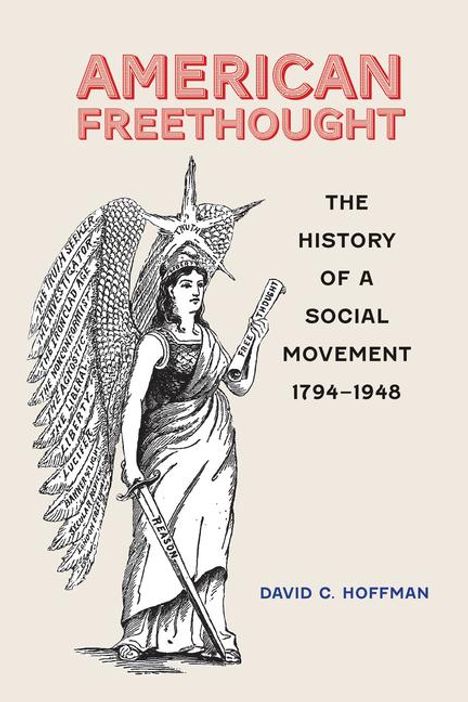David C. Hoffman: American Freethought, Gebunden
American Freethought
Buch
- The History of a Social Movement, 1794-1948
Lieferzeit beträgt mind. 4 Wochen
(soweit verfügbar beim Lieferanten)
(soweit verfügbar beim Lieferanten)
Aktueller Preis: EUR 80,17
Versandkosten
(United States of America): EUR 19,90
- Verlag:
- Johns Hopkins University Press, 06/2025
- Einband:
- Gebunden
- Sprache:
- Englisch
- ISBN-13:
- 9781421451800
- Artikelnummer:
- 11922304
- Umfang:
- 304 Seiten
- Gewicht:
- 624 g
- Maße:
- 229 x 152 mm
- Stärke:
- 25 mm
- Erscheinungstermin:
- 17.6.2025
- Hinweis
-
Achtung: Artikel ist nicht in deutscher Sprache!
Klappentext
"This book traces the history of the freethought movement to discover the strategies that allowed it to endure and succeed in a fervently religious nation. It argues that this movement was successful because it united people with a wide variety of religious outlooks-including deists, pantheists, Unitarians, Universalists, spiritualists, transcendentalists, Humanists, agnostics, and atheists-behind the idea that religion is freer and the state is more just when the government refrains from religious involvement"--

David C. Hoffman
American Freethought
Aktueller Preis: EUR 80,17

